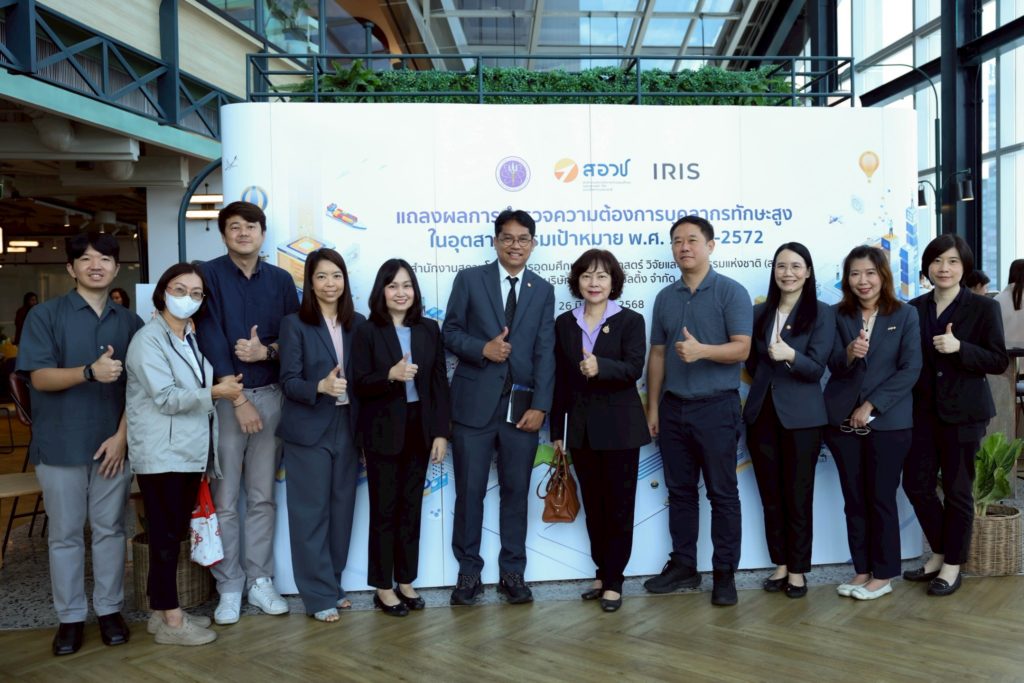On 26 June 2025, NXPO, in collaboration with Iris Consulting, launched Thailand Talent Landscape 2025-2029, a publication presenting the results of a survey and analysis on high-skilled workforce demand in Thailand’s target industries for 2025–2029. The publication serves as vital input for workforce development planning to support the country’s future economic priorities.
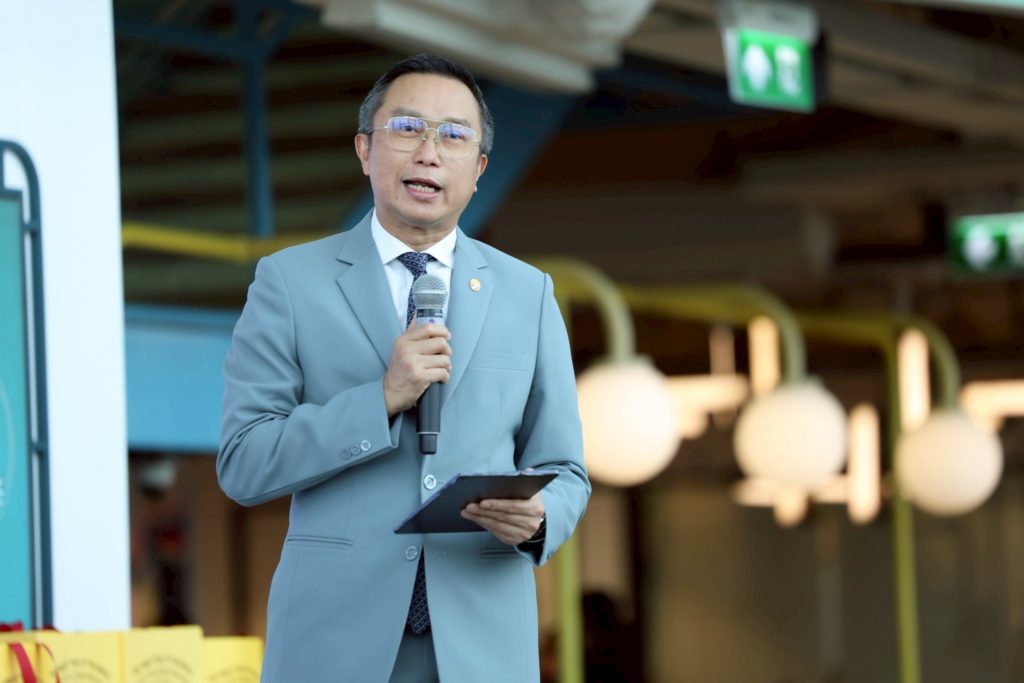
In his opening address, Dr. Surachai Sathitkunarat, President of NXPO, stated that the survey assessed workforce demand across Thailand’s 10 target industries, identifying critical job positions and the essential skills required for each. The findings offer insights into workforce trends, enabling academic institutions to design education and training programs tailored to industry needs, minimize skill mismatches, and address talent shortages in priority sectors. Achieving this requires an academia-industry co-creation model.
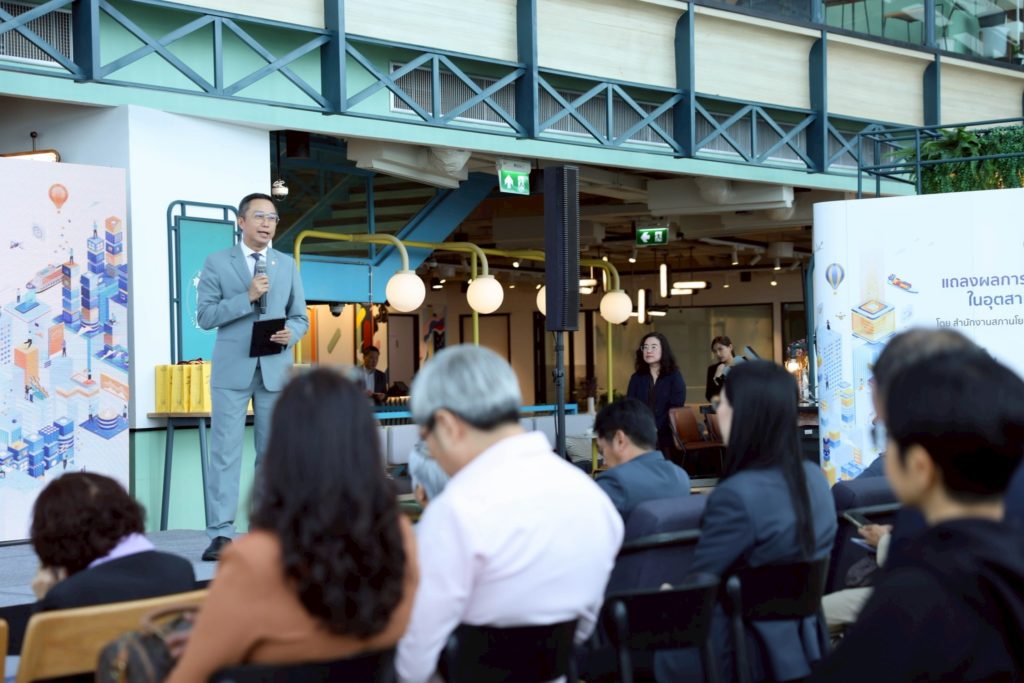
Dr. Surachai further emphasized that collaboration among government agencies, the private sector, and academic institutions is key to developing a workforce that meets the demands of future industries and supports the country’s economic and social advancement. In this model, the private sector takes the lead in defining its workforce needs, academic institutions respond by producing graduates with the required competencies, and the government serves as a facilitator.
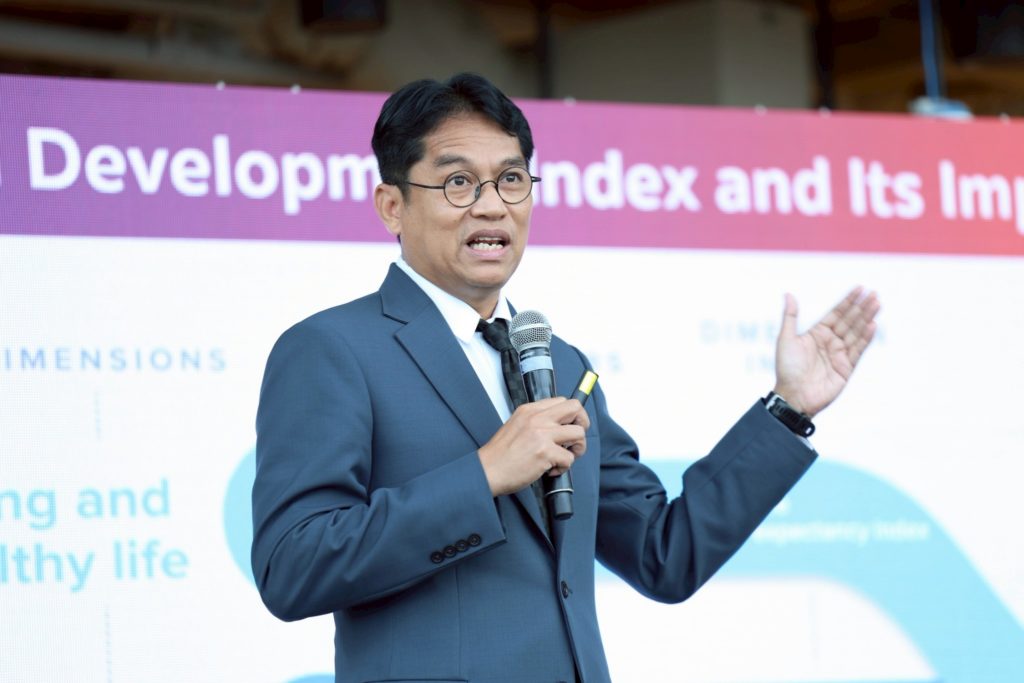
Prof. Dr. Surin Khomfoi, Vice President of NXPO, presented key findings from Thailand Talent Lanscape 2025-2029. He highlighted Thailand’s current labor challenges — notably the impacts of geopolitics, rapid technological change, and the country’s transition into a super-aged society. These challenges are driving Thai higher education institutions to adapt and redesign their educational models. He noted that the survey provides universities with essential direction for curriculum development and workforce planning to better align with national needs. The survey combined qualitative data — gathered through in-depth interviews with representatives from over 300 organizations spanning large, medium, and small enterprises — with quantitative data collected via questionnaires. The analysis covered future job positions, key competencies for each role over the next five years, and the average starting salaries for new graduates.
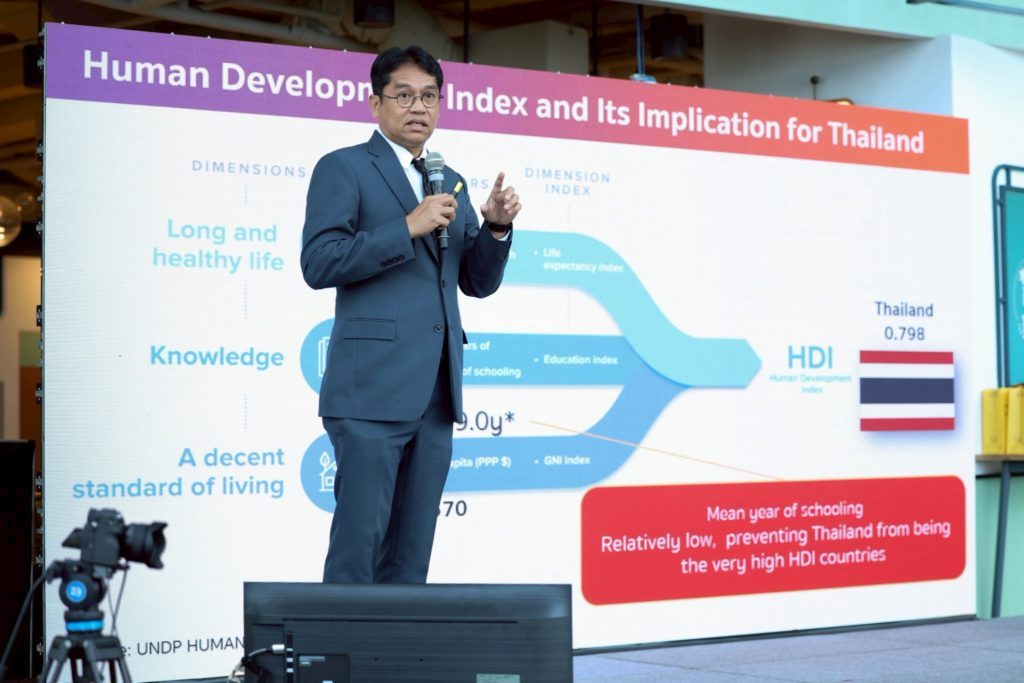
The survey identified a total demand for 1,087,448 high-skilled positions across the 10 target industries over the next five years: Aviation and Logistics (440,573 positions), Smart Electronics and Industrial Robotics (226,423 positions), Digital Industry (87,568 positions), Next-Generation Automotive Industry (77,652 positions), Medical Industry (71,207 positions), High-Value Tourism and Health Tourism (60,004 positions), Creative Industry (54,521 positions), Food Processing and Future Food Industry (47,579 positions), Biofuels, Biochemicals, Biotechnology, Circular Economy, and Green Economy (13,372 positions), and Agriculture and Biotechnology (8,649 positions)

Dr. Surin concluded by underscoring the transformative power of education in improving livelihoods and enabling the country to overcome the middle-income trap.
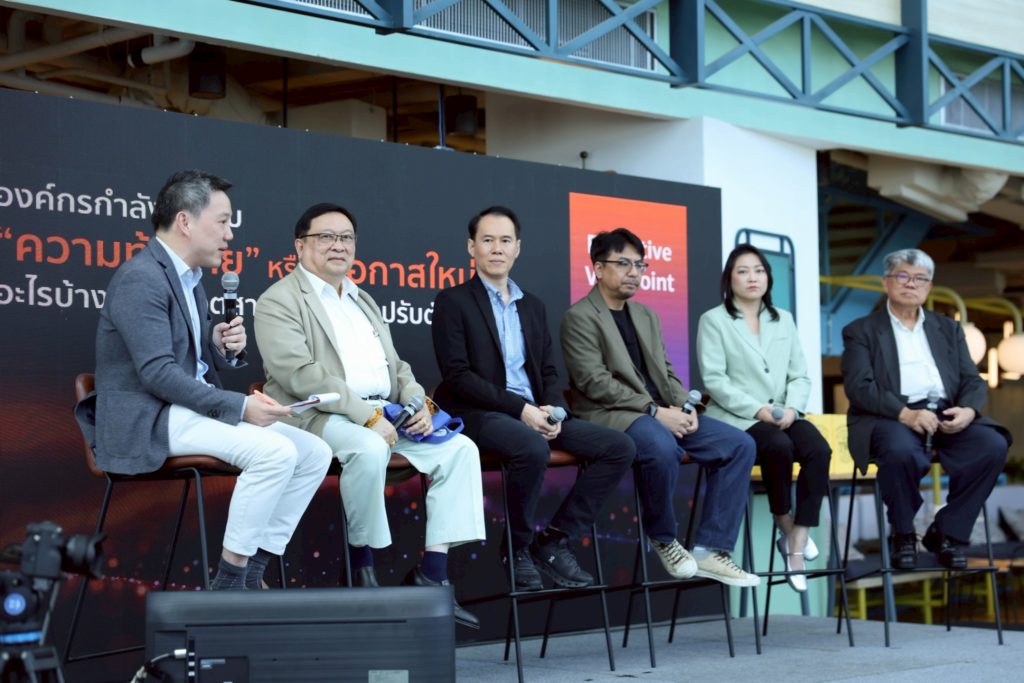
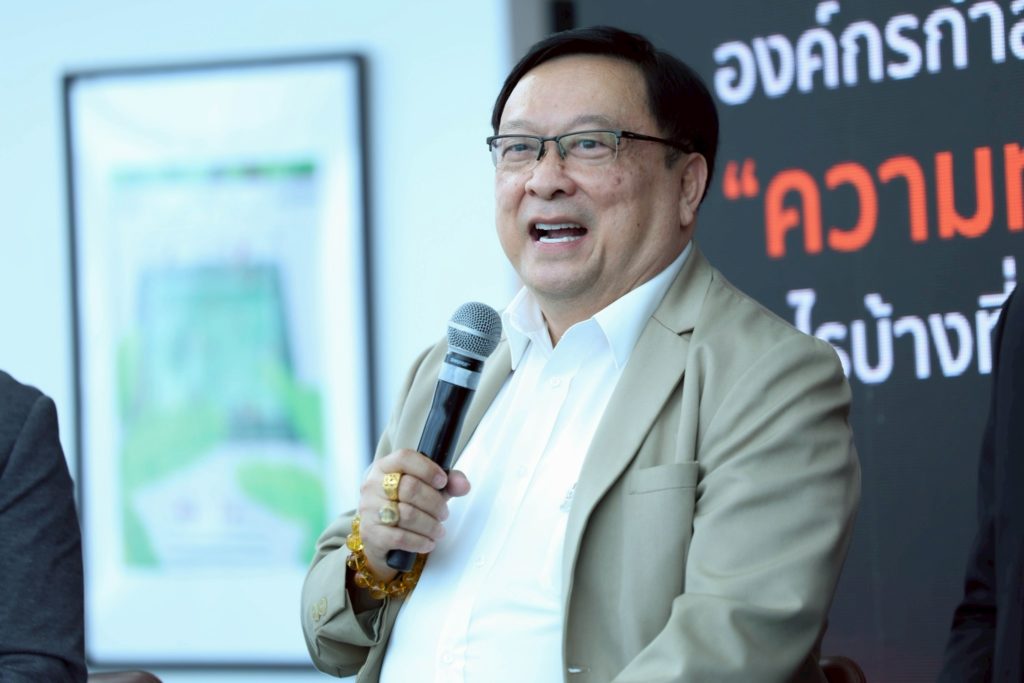
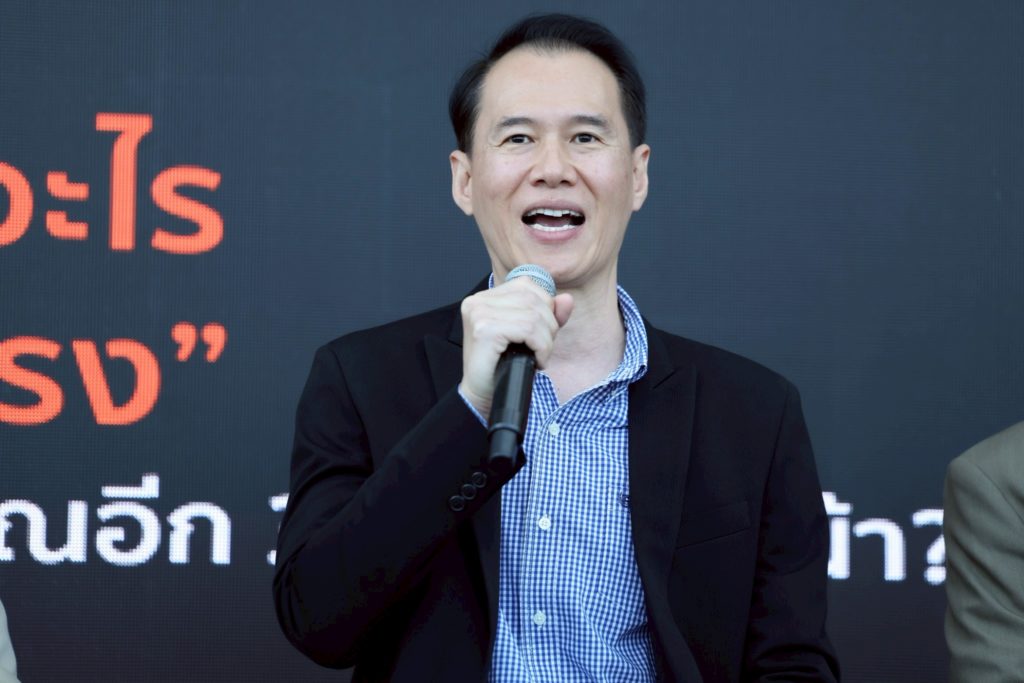
The event also featured two panel discussions. The first panel brought together industry leaders to discuss workforce development in their respective sector:
- Mr. Somkurn Chysilaparungroung, Managing Director of Summit Electronic Components, discussed the impacts of economic volatility and the entry of over 200 electric vehicle (EV) brands into the Thai market, posing challenges for workforce capacity. He suggested upskilling in Financial Quotient (FQ), Ownership Quotient (OQ), and AI.
- Mr. Kiatkamol Tangngamchit, Vice President of the Thai Future Food Trade Association and Managing Director of Nutra Regenerative Protein, emphasized the need to accelerate food innovation, increase R&D investment in Thailand, and cultivate a high-skilled workforce to stay competitive globally.
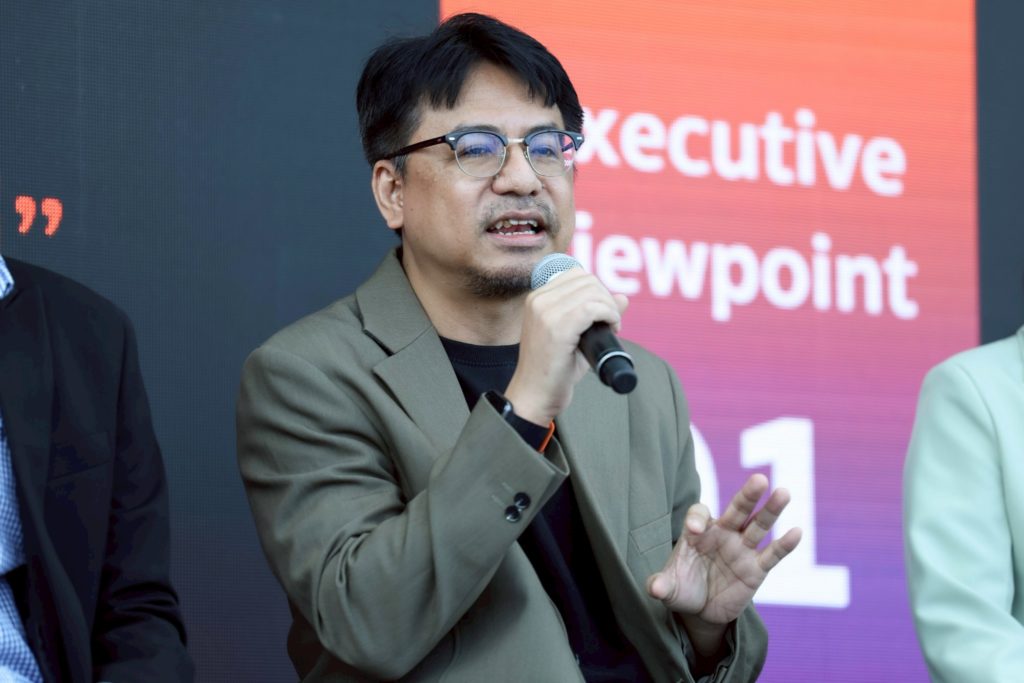

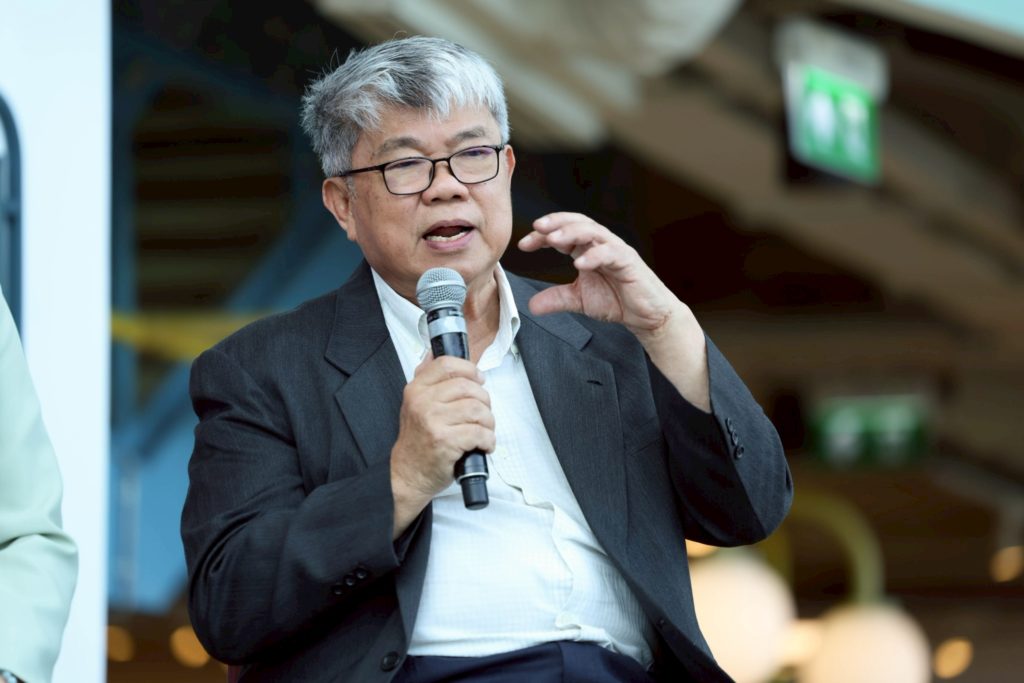

- Mr. Mongkol Bumrungdee, Human Resources Development Manager at Yell Advertising, highlighted that while AI is a powerful tool, human touch remains irreplaceable. He recommended strengthening data analytics skills within the advertising industry.
- Ms. Chalinee Hengtrakulsin, Executive at Simple Creation (Murrah Farm), noted that in the post-COVID era, tourists increasingly value quality over quantity. Businesses must focus on delivering experiences through compelling storytelling and effective use of social media.
- Mr. Sanya Bhummichitra, Managing Director of NuGreen, noted that while agriculture still offers strong growth potential, the sector faces a declining younger workforce. He emphasized the importance of cultivating talent equipped with job-specific skills, people management capabilities, and creative thinking, while maintaining the traditional spirit of farming
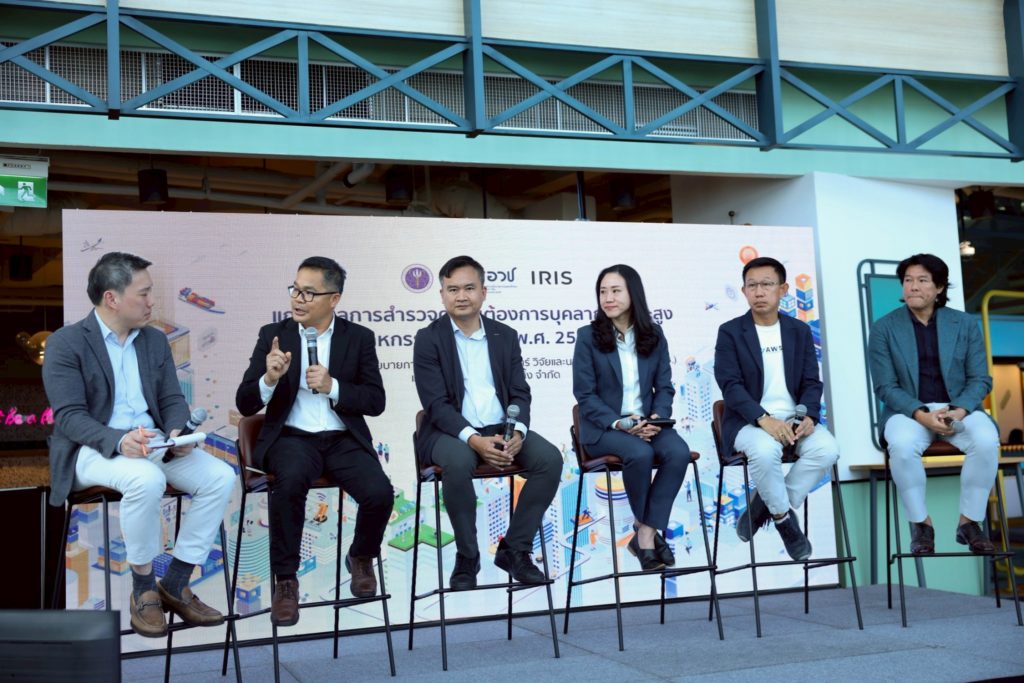
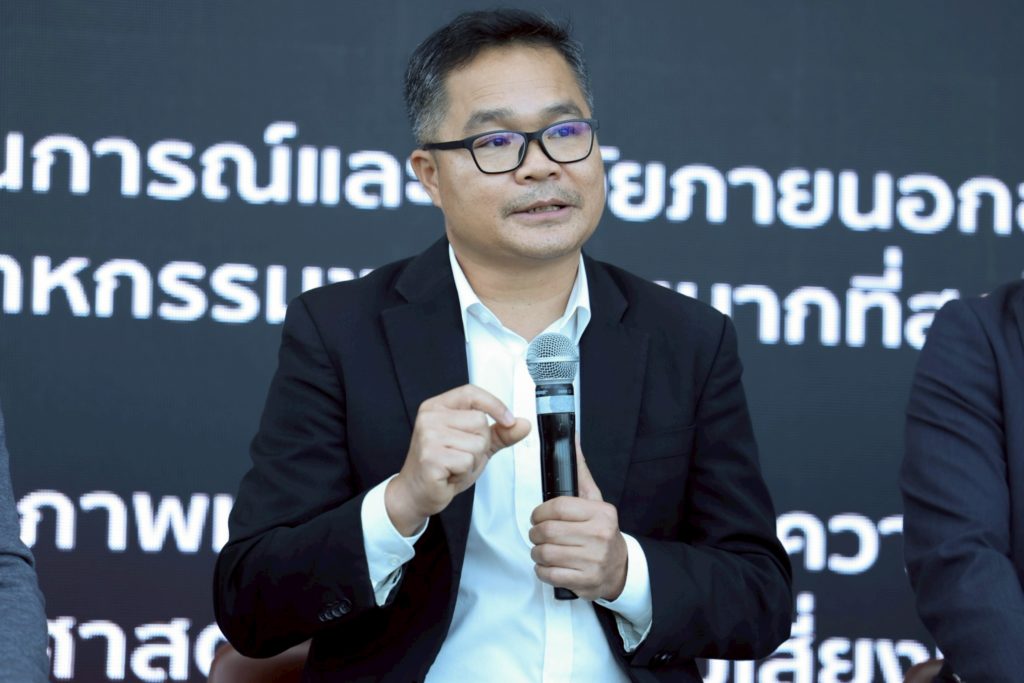
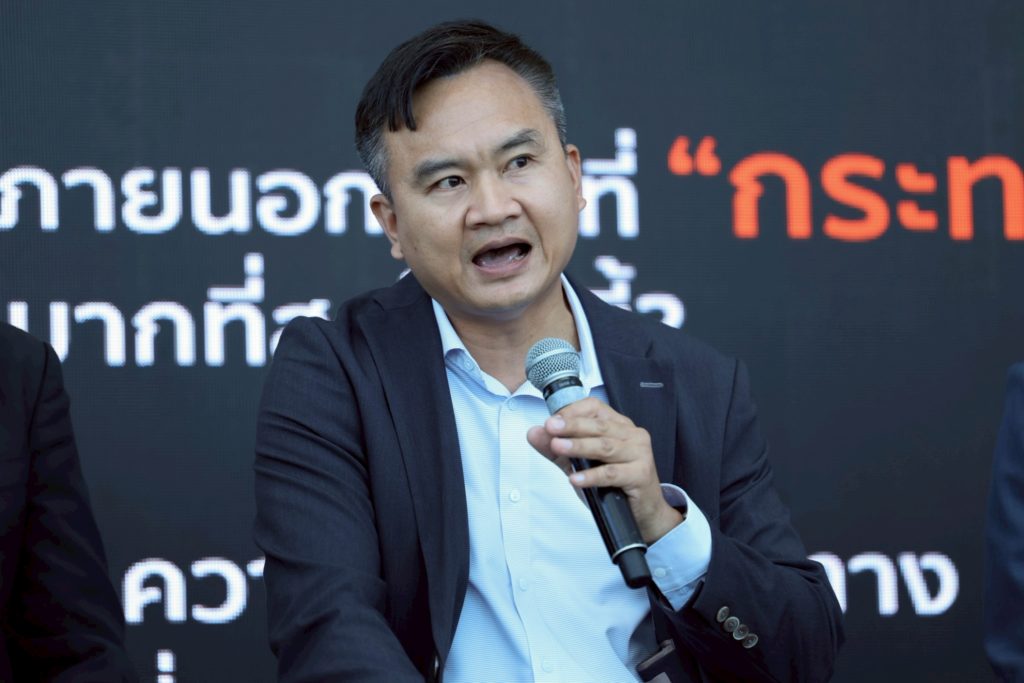
The second panel discussion focused on future industry trends and workforce development, featuring the following experts:
- Asst. Prof. Dr. Uthane Supatti, Vice President for Academic and Human Development at the Electric Vehicle Association of Thailand (EVAT), noted that Thailand’s EV industry now requires only one year to produce a car, highlighting the urgent need to develop skills in electronics, software, and system integration.
- Dr. Kwanchai Khemnijkul, Head of Air Traffic Engineering at Aeronautical Radio of Thailand, pointed out that the aviation industry is undergoing significant changes driven by global events and shifting customer behaviors, making adaptability and decision-making under pressure essential skills.
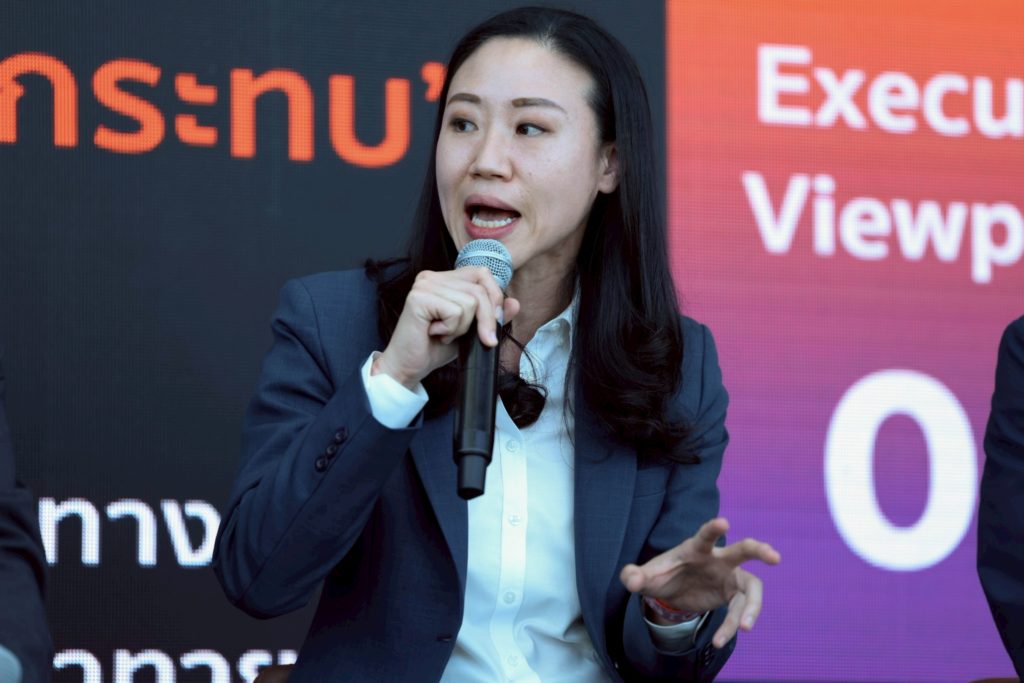

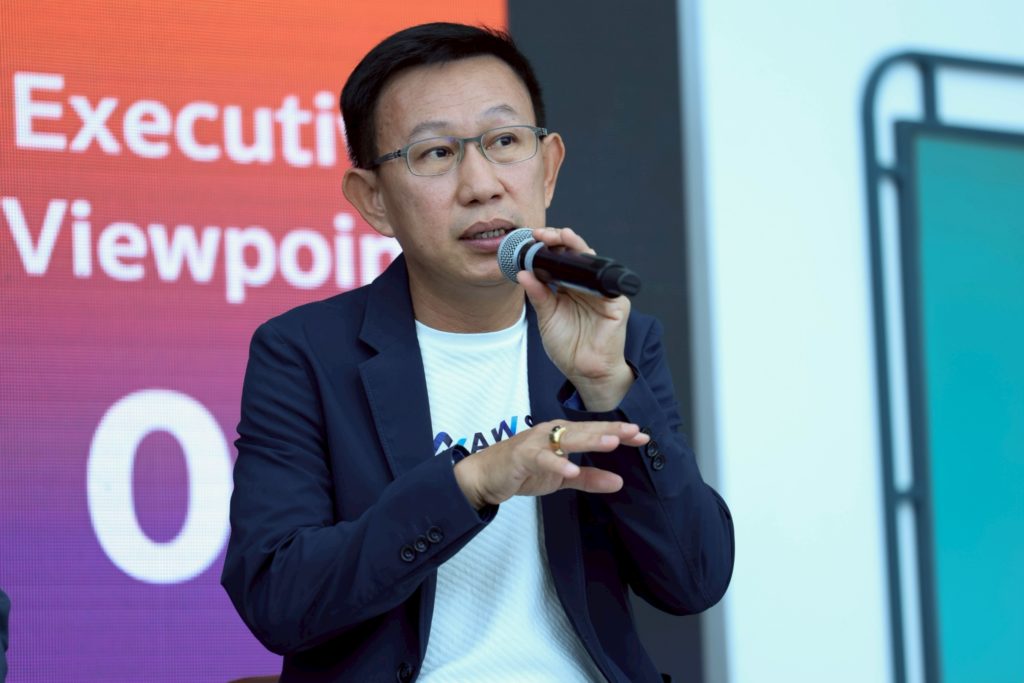
- Dr. Nittha Oer-areemitr, Medical Director of Koon Hospital, identified a critical shortage of healthcare professionals — especially nurses — as a major challenge for the medical sector, with many leaving for better salaries abroad. She called for soft skills development, particularly in compassion, and urged the government to support the creation of a national genetic database to advance health research.
- Dr. Wiroj Sirirattanarak, CEO of Advance Web Service, remarked that digital technologies are essential for enhancing competitiveness across industries — especially in forecasting natural disasters, such as earthquakes or floods.
- Mr. Pakpoum Mahasith, Founder of GreenRocket VC, highlighted the value of agricultural waste as a resource for biomaterials. He emphasized that Thailand must invest in tools, equipment, and especially a skilled workforce in science and technology to become a global biomaterials hub.
This event underscored the urgent need to accelerate the development of a high-skilled workforce capable of keeping pace with global trends and supporting the industries of the future. NXPO will use these insights to inform national policy and remains committed to collaborating with all sectors to design workforce development strategies aligned with the country’s priorities, contributing to Thailand’s industrial competitiveness.
The Thailand Talent Landscape 2025-2029 report is available at: https://www.nxpo.or.th/th/report/32407/
